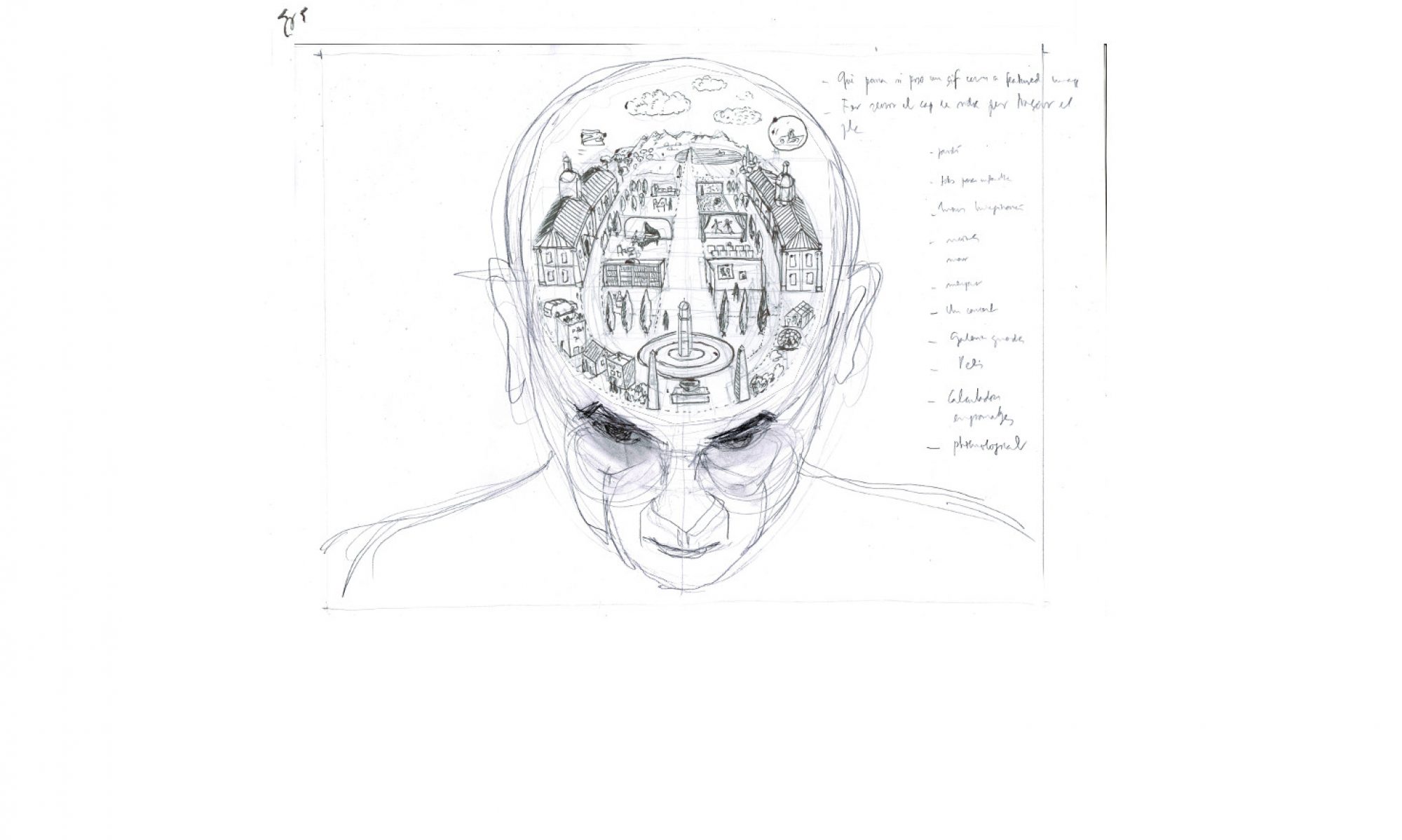Christianity is an Abrahamic religion based on the life and teachings of Jesus of Nazareth, as described in the New Testament. Its adherents, known as Christians, believe that Jesus Christ is the Son of God and savior of all people, whose coming as the Messiah was prophesied in the Old Testament.[2]
Depending on the specific denomination of Christianity, practices may include baptism, Eucharist (Holy Communion or the Lord’s Supper), prayer (including the Lord’s Prayer), confession, confirmation, burial rites, marriage rites and the religious education of children. Most denominations have ordained clergy and hold regular group worship services.
Christianity developed during the 1st century CE as a Jewish Christian sect of Second Temple Judaism. It soon also attracted Gentile God-fearers, which lead to a departure from Jewish customs, and the establishment of Christianity as an independent religion. During the first centuries of its existence Christianity spread throughout the Roman Empire, and also to Ethiopia, Transcaucasia, and some parts of Asia.
Constantine the Great converted to Christianity and decriminalized it via the Edict of Milan (313). The First Council of Nicaea (325) established a uniform set of beliefs across the Roman Empire. By 380, the Roman Empire designated Christianity as the state religion.[3][4][5][6] The period of the first seven ecumenical councils is sometimes referred to as the Great Church, the united full communion of the Roman Catholic Church, Eastern Orthodox Church, and Oriental Orthodoxy, before their schisms.
Oriental Orthodoxy split after the Council of Chalcedon (451) over differences in Christology. The Eastern Orthodox Church and the Catholic Church separated in the East–West Schism (1054), especially over the authority of the Pope. Similarly, in 1521, Protestants split from the Catholic Church in the Protestant Reformation over Papal primacy, the nature of salvation, and other ecclesiological and theological disputes.[7]
Following the Age of Discovery (15th–17th century), Christianity was spread into the Americas, Oceania, sub-Saharan Africa, and the rest of the world via missionary work and colonization.[8][9][10]
There are 2.3 billion Christians in the world, or 31.4% of the global population.[11][12] Today, the four largest branches of Christianity are the Catholic Church (1.3 billion), Protestantism (920 million), the Eastern Orthodox Church (260 million)[13] and Oriental Orthodoxy (86 million).
Christianity and Christian ethics have played a prominent role in the development of Western civilization,[14][15][16][17][18] particularly around Europe during late antiquity and the Middle Ages. Despite a declining trend in membership in the West,[19] Christianity remains the dominant religion in the region, with more than 70% of the population identifying as Christian.[20]
451 Concili de Calcedònia, separació de l’ortodòxia oriental per discrepàncies Cristològiques, ( l’armenia, copta (i etíop) i siríaca ), amb uns 80M A Egipte i Etiopia, Síria i Armènia.
1054 Gran Cisma, separació de l’ortodòxia de l’est. Actualment 200-260M de membres a Rússia i Georgia. (Grècia i Antioquia quedaran sota domni Otomà del 1453 a 1915).
La resta, és l’església Catòlica (o llatina), va retrocedir a Occident amb la Reforma però es va extendre a Amèrica llatina. Actualment són uns 1300M.
1521 Reforma de Luter, Calvi, Anglicanisme, 920M de Protestants, que no accepten l’autoritat de Roma i discrepen pel que fa a certs sacraments.
- 1521 Reforma de Luter. Luterans, 74M als països Nòrdics i Litònia (mantenen l’eurcaristia)
- 1552 Reformistes, Calvi (no accepten la presència real de Jesús a l’eucaristia). Calvinism is largely represented by Continental Reformed, Presbyterian, and Congregationalist traditions. The biggest Reformed association is the World Communion of Reformed Churches with more than 100 million members in 211 member denominations around the world. Present a Suïssa, Escòcia, els emigrants a Amèrica que seran els presbiterians, i també Corea i Indonesia. (estem predestinats al pecat a no ser que Déu ens vulgui salvar [però curiosament això no condueix al derrotisme sinó a una moral del treball]
- 1527 Anabaptisme, amb 100M, Mennonites 2.1, baptistes alemanys 1.5, Amish 0.3 o Hutterites. Rebutgen el baptisme dels infants, s’ha de fer d’adult.
- 1534 Anglicanisme, Henri VIII rebutja l’autoritat del Papa, que ara tindrè l’arquebisbe de Canterbury. El 1549 es publica el Book of Common Prayer que conté les pregàries per a cada dia i els sagraments. Amb uns 85M de membres, 26 a Anglaterra, 36 a Àfrica i la resta a altres llocs on han emigrat anglesos.
- 1738 Evangelics. D’origen metodista i pietista, van tenir un gran creixement a Anglaterra (Metodistes) i Estats Units (Fonamentalistes, Pentecostals)amb el Great Awakening. Són uns 285M. Conversionism, or belief in the necessity of being “born again“, has been a constant theme of evangelicalism since its beginnings. To evangelicals, the central message of the gospel is justification by faith in Christ and repentance, or turning away, from sin. Conversion differentiates the Christian from the non-Christian, and the change in life it leads to is marked by both a rejection of sin and a corresponding personal holiness of life. A conversion experience can be emotional, including grief and sorrow for sin followed by great relief at receiving forgiveness. The stress on conversion differentiates evangelicalism from other forms of Protestantism by the associated belief that an assurance of salvation will accompany conversion.
dsf
